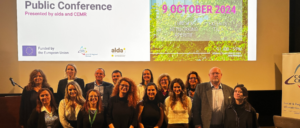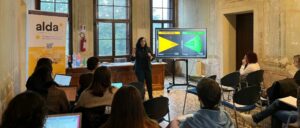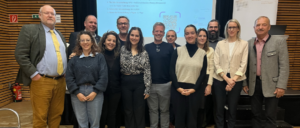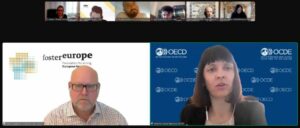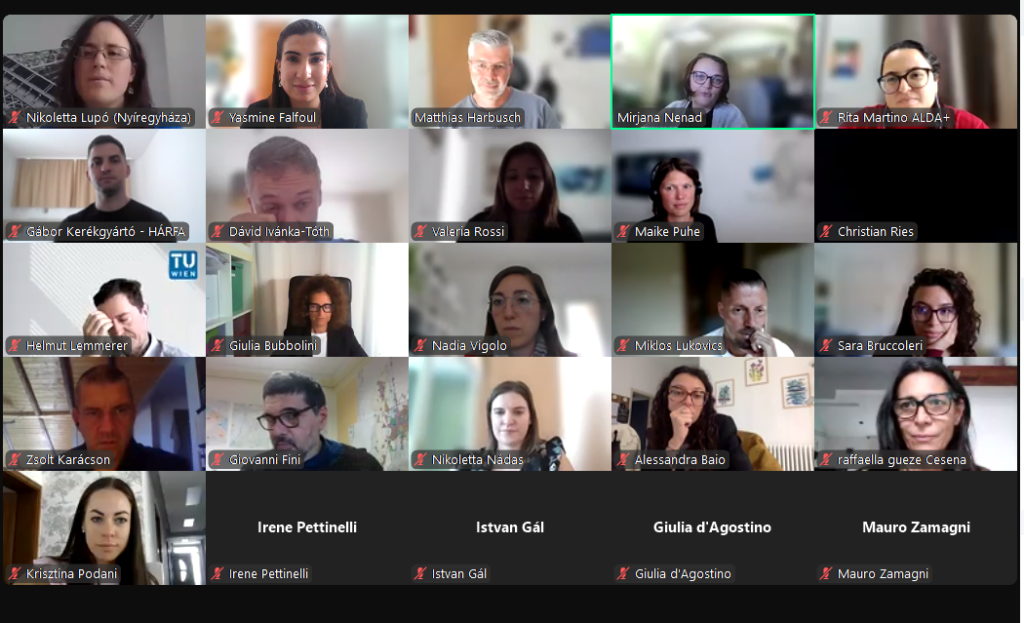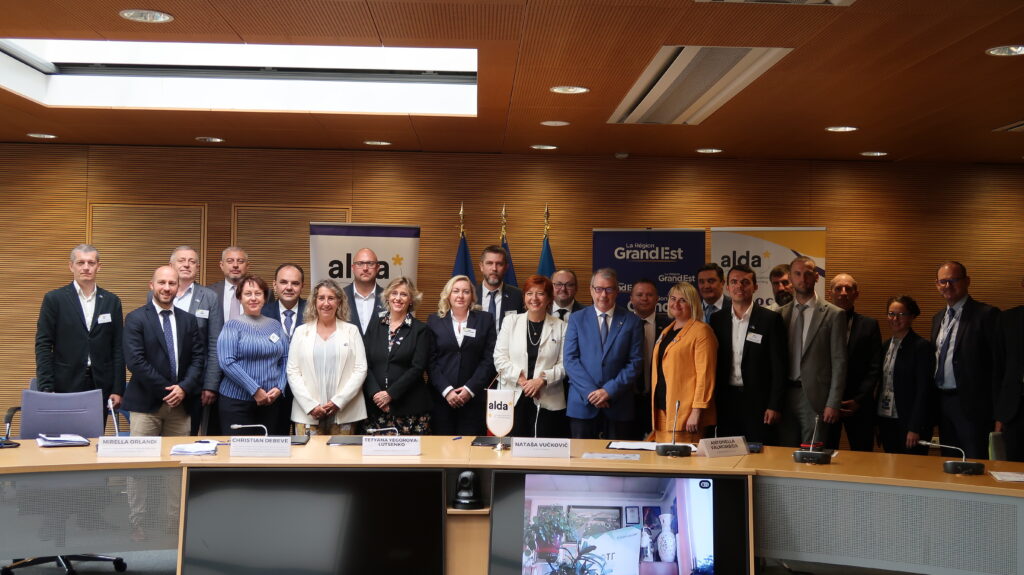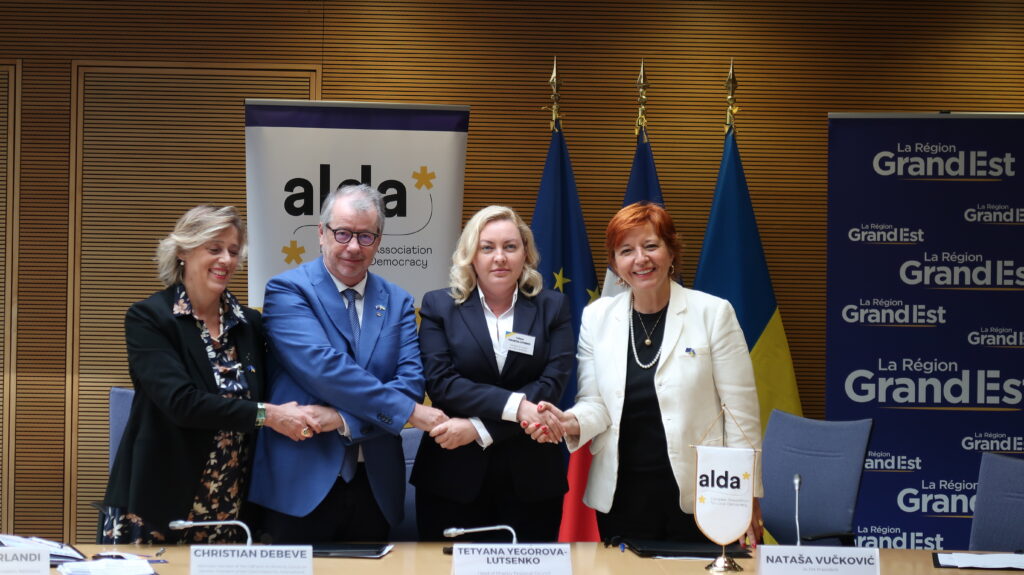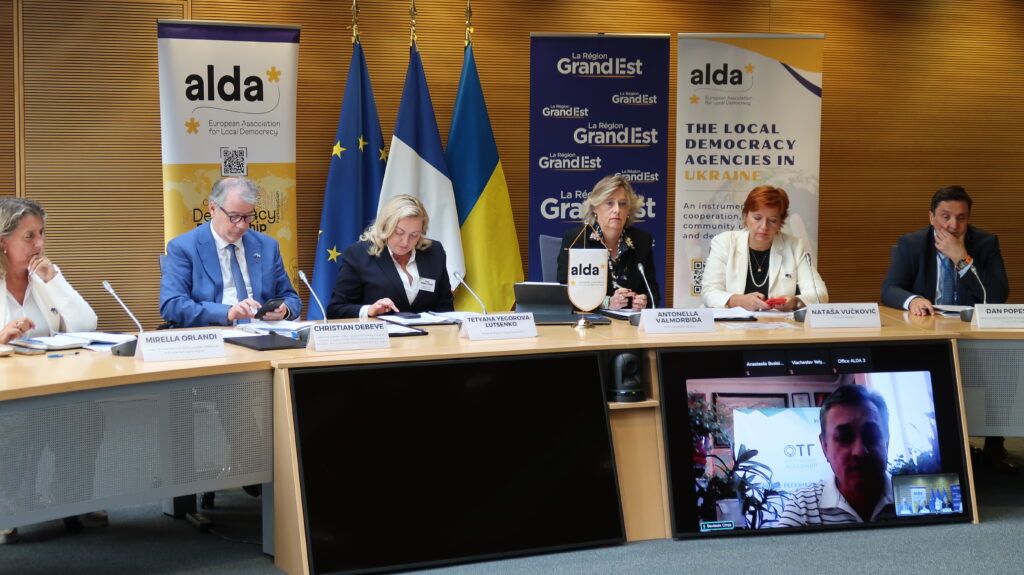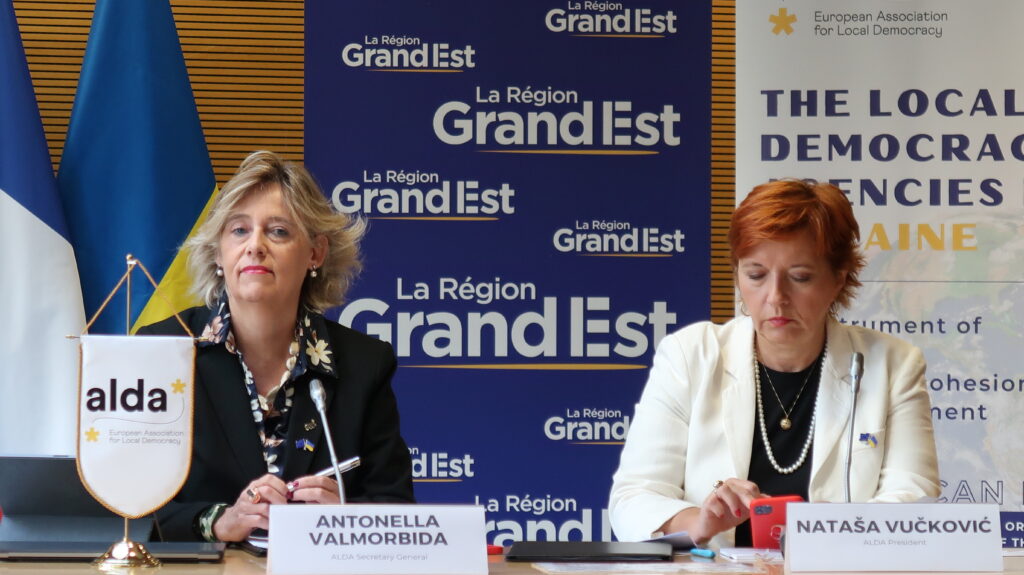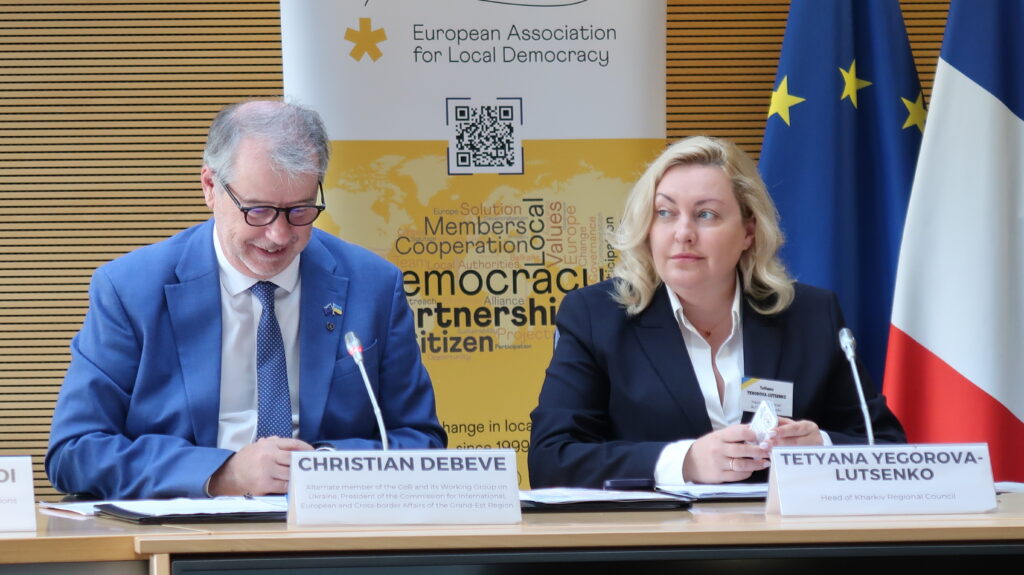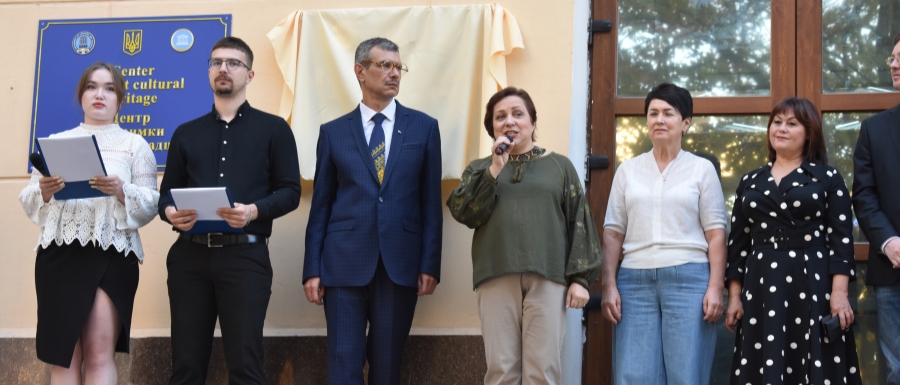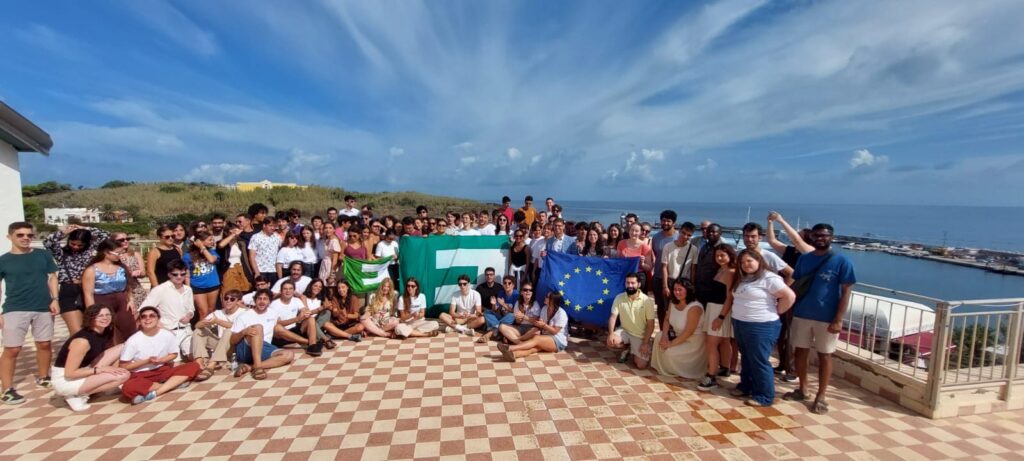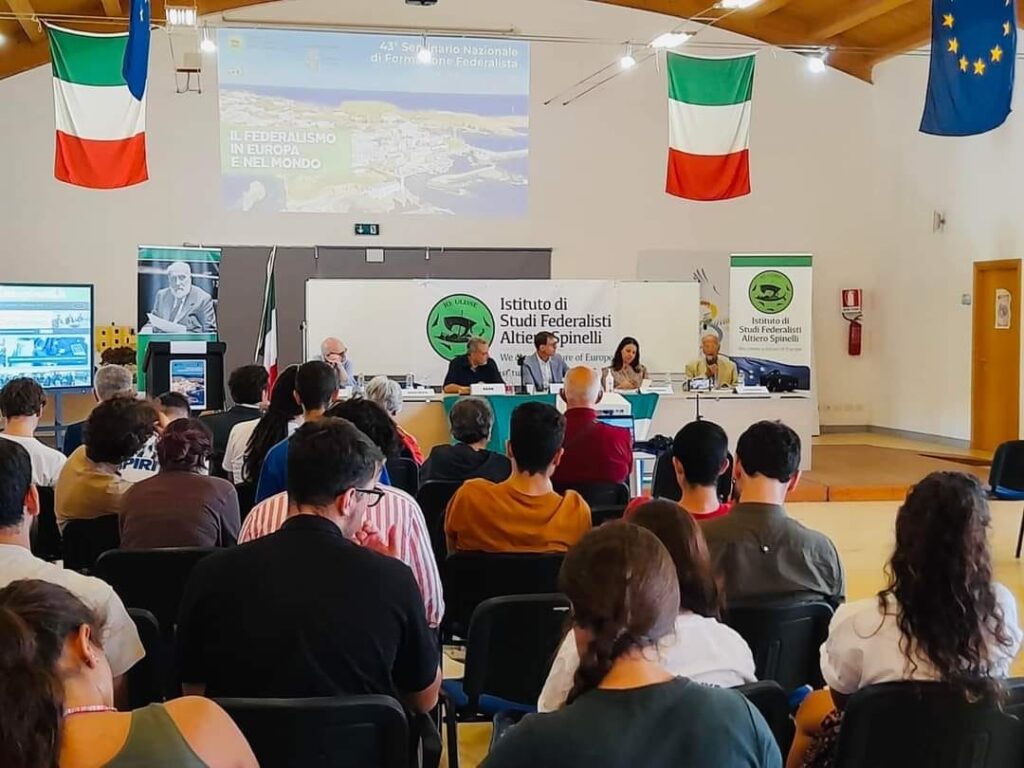On September 17, 2024 in Skopje, North Macedonia, ALDA Balkans organised the event “Building connections, creating opportunities” with members of the Macedonian Network of the Anna Lindh Foundation. The event hosted 22 network members who participated in three sessions dedicated to networking and interaction, moderated by Simona Slavkova, project assistant at ALDA Balkans and responsible for Anna Lind’s activities in North Macedonia.
Highlights of the event
The first session featured a panel discussion where four speakers from various organisations shared their experiences: Arben Vila, from My Mobility, Liljana Jonoski, from Rural Coalition, Samet Shabani, from Horizon Civitas, and Nadir Redzepi, from InSoc. The participants shared their success stories and practices from their organisations, offering inspiration and knowledge to the network members.
In the second part, participants worked in groups to reflect on their goals, expectations and contributions to the network, coming up with creative and innovative inputs and ideas.
The final session focused on sharing active calls and ongoing projects from network members. Each partner gave updates on their current initiatives, highlighting key achievements, challenges, and potential areas for collaboration. This exchange encouraged participants to explore synergies and strengthen partnerships for future joint projects.
Speakers included Ivana Velkova (ALDA) who presented the call for journalism interns within the “Media for the EU” project. Samet Shabani, from Horizon Civitas, presented the call for participants for the Mediterranean Youth Academy for Culture and Dialogue in collaboration with organisations from other ALF member countries. Then, Marija Georgievska from Bilkilife introduced the herbal tea bag collection initiative. Marjan Icoski from ARNO presented the fifth call for the RISE project. Maja Varoshlija presented the BOOST project, currently being developed by ALDA. Liljana Jonoski, from Rural Coalition, announced the thematic forum “Included community for resistance to corruption”. Finally, Zoran Ileski from SEGA presented the regional youth consultations for the advancement of the Law on Youth Participation and Youth Policies.
The event concluded with an informal cocktail where members expressed their enthusiasm for future collaborations, both within the network and with members from other countries of the Anna Lindh Foundation.
ALDA in North Macedonia
In 2024, the European Association for Local Democracy (ALDA) Skopje established North Macedonia’s first network of civil society organizations. This national network aims to maintain a well-balanced and diverse profile of the civil society sector, covering a wide range of fields to promote complementarity, foster mutual understanding, and encourage participatory approaches.
The network’s main objective is to advance good governance and foster citizen participation at the local level in North Macedonia and throughout the Western Balkans. To reach these goals, both the network coordinator and its members are dedicated to implementing strategies that promote active involvement and support peer-to-peer knowledge exchange. These efforts are designed to fully engage the network’s members and leverage their skills and expertise to the fullest.
The event was highly successful, with participants showing great enthusiasm for future collaborations. Their shared interest in working together underscores the network’s potential to foster stronger connections and create new opportunities moving forward.


